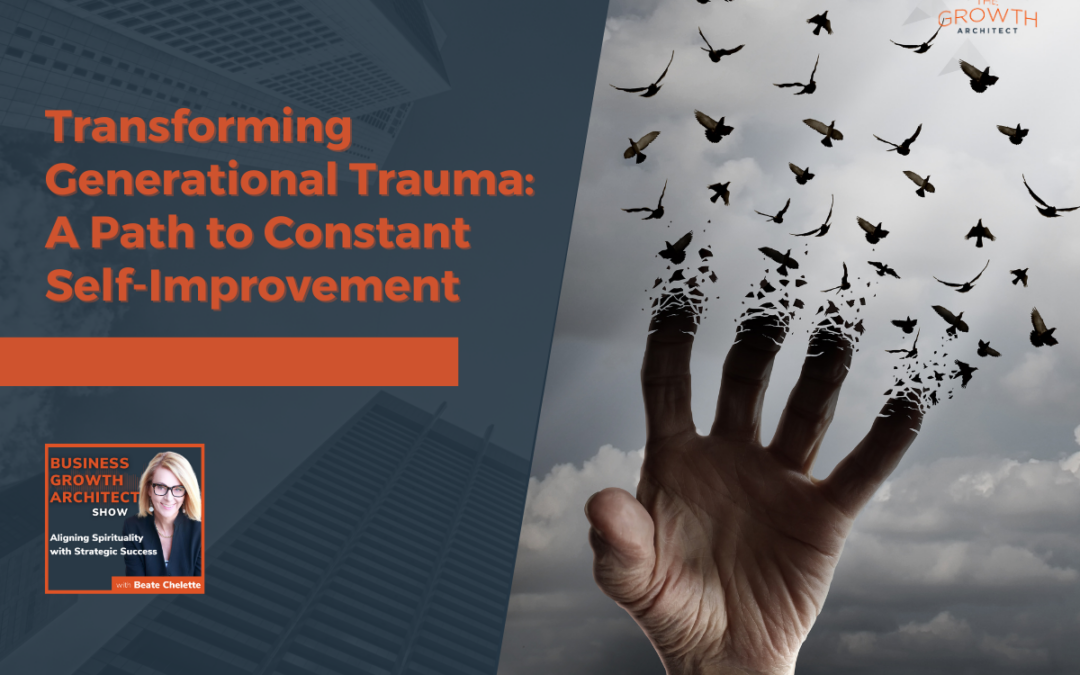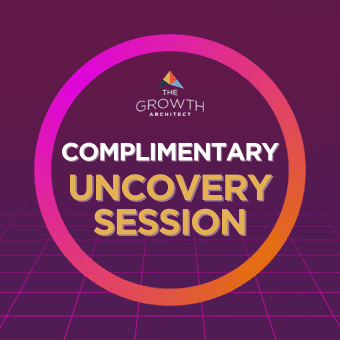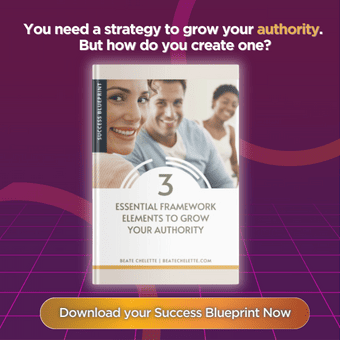Generational trauma refers to the psychological effects passed down through generations within families, stemming from unresolved emotional issues and experiences. These traumas often manifest as behavioral patterns, emotional struggles, or even physical symptoms, influencing how we perceive and interact with the world around us.
The scars of generational trauma create barriers to your success. They often lead to self-doubt, fear of change, and a tendency to remain in tolerable situations even if they are unfulfilling. Improvement requires change, and change often demands confronting uncomfortable truths.
“You change when the fear of change is less than the pain of you staying,” This powerful statement encapsulates the core of my message: true transformation begins when the pain of remaining the same outweighs the fear of stepping into the unknown.
Let’s make this easy.
How Can You Become More Successful?
There are essential questions that I ask:
- Is it possible?
– If others have done what you want to do, it is possible. - Is it possible for me?
– Shift from a general belief in possibility to a personal conviction that you, too, can achieve this goal. - How can I make it possible for me?
– Move from belief to action. Identify the steps, resources, and strategies needed to transform that possibility into your reality.
The Role of Spirituality in Personal Growth
A significant aspect of what I learned works is integrating more spirituality into work. Spirituality, in this context, is not about religious practices but about a connection to a larger purpose and energy. This spiritual connection provides a foundation for understanding your purpose and aligning your actions with this deeper sense of meaning.
Practical Steps for Overcoming Trauma and Achieving Growth
- Acknowledge and Address Trauma:
– Recognize that your own and your generational traumas are influencing your life and decision making. - Emulate Successful Behaviors:
– Study the patterns and behaviors of successful people and emulate these in your own life. - Balance Spiritual and Strategy:
– Make your mental and spiritual health as important as the strategy and tactics you implement. - Consistent Action:
– Take consistent and deliberate actions because persistence helps you to push through inertia that trauma creates.
“The simple litmus test in life isn’t whether you’re satisfied with where you are, but whether what you’re doing makes you want to be better.”
And with that I sign off for today. Let me know how this resonates. What’s your take away,
Let’s grow!
Beate
Beate Chelette is The Growth Architect & Founder of The Women’s Code, and provides visionaries and leaders with strategies, blueprints and results-oriented, tangible tools and techniques that give clear steps to improve business systems, strengthen leadership skills and teams so that you can scale your impact.
A first-generation immigrant who found herself $135,000 in debt as a single parent, Beate bootstrapped her passion for photography into a highly successful global business and eventually sold it to Bill Gates in a multimillion-dollar deal. She is amongst the “Top 100 Global Thought Leaders” by PeopleHum and “One of 50 Must-Follow Women Entrepreneurs” by HuffPost.
Recent clients include Amazon, Reckitt (the maker of Lysol), Chevron, Merck, Johnson & Johnson, the Women’s Legislative Caucus of California Cal State University Dominguez Hills, Shelter Inc., Mental Health First Aid and thousands of small businesses.
Beate is the author of the #1 International Amazon Bestseller “Happy Woman Happy World – How to Go From Overwhelmed to Awesome” –a book that corporate trainer and best-selling author Brian Tracy calls “a handbook for every woman who wants health, success and a fulfilling career.”
To book Beate to speak or train please connect here. Your Time Is Valuable!





